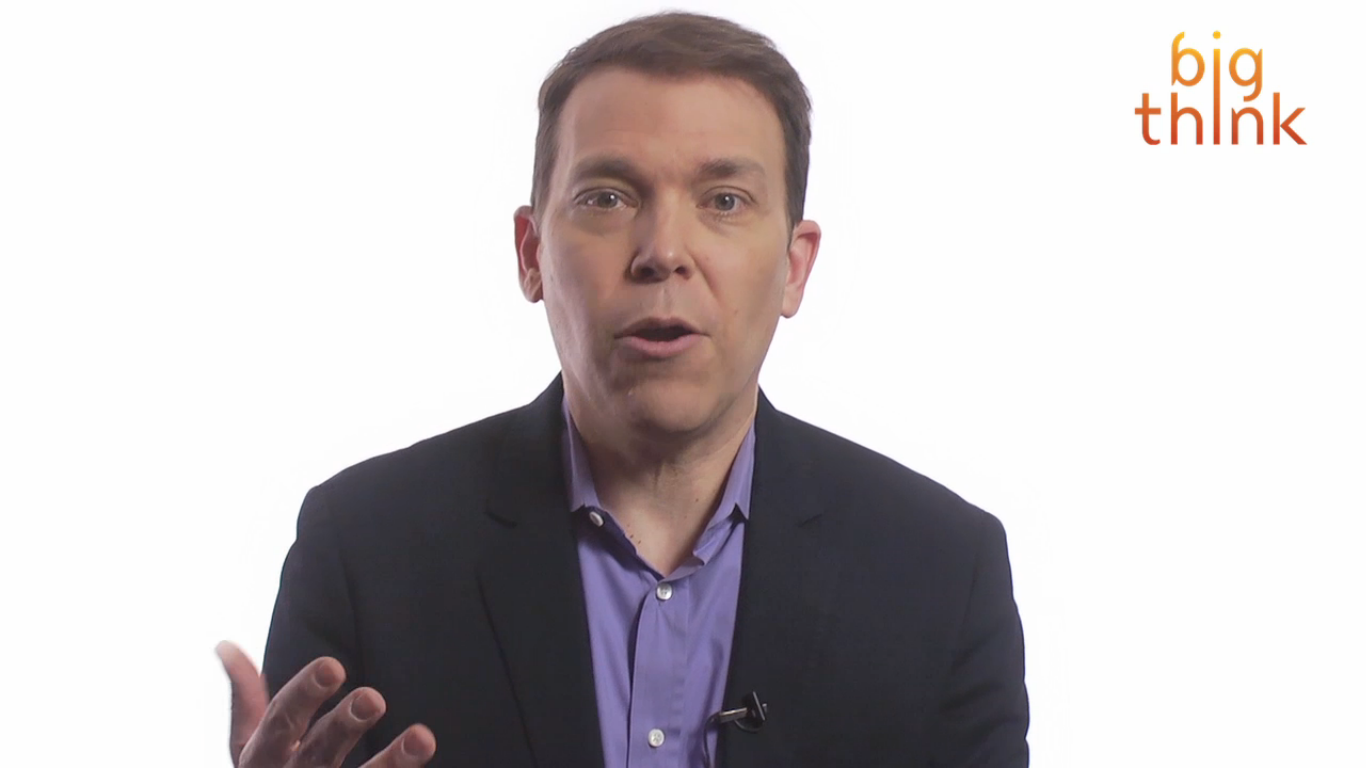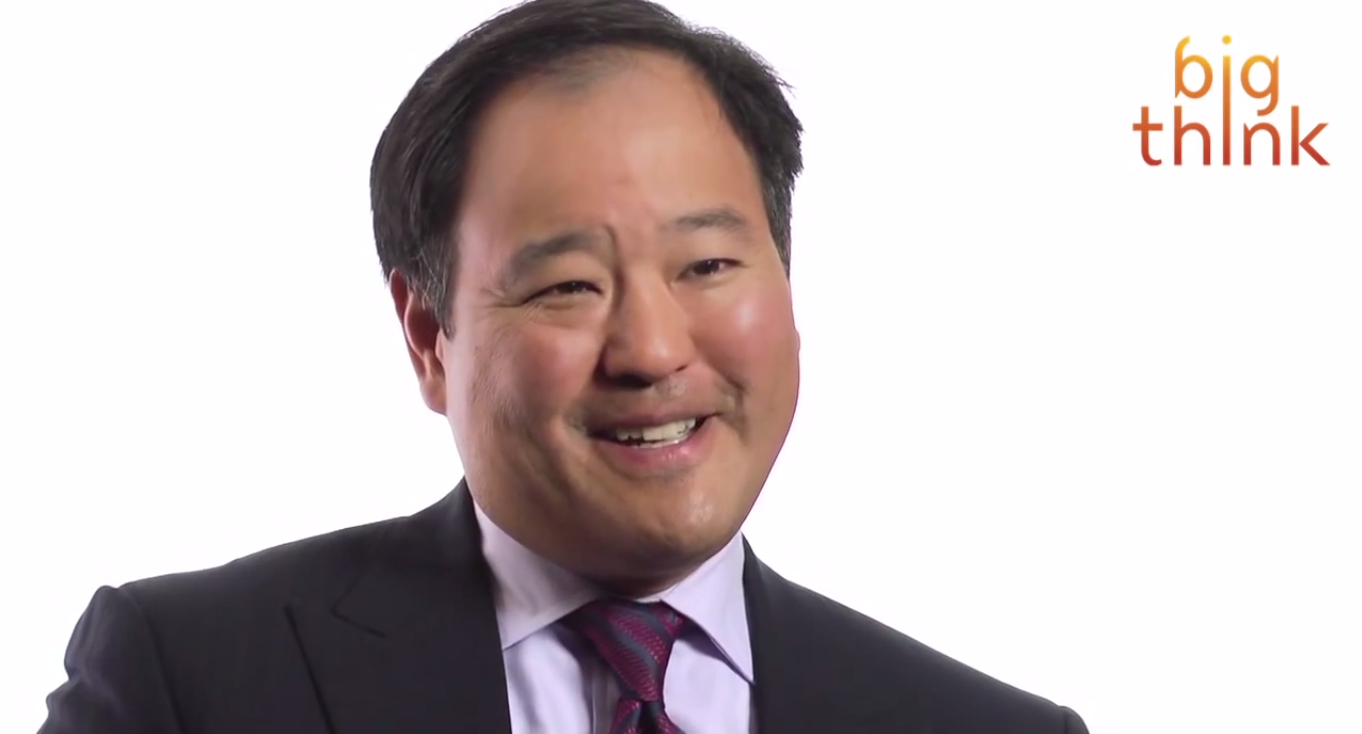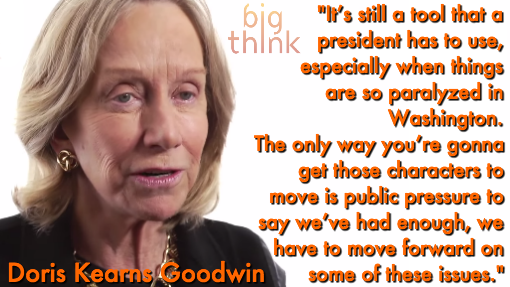Different neighborhoods suit different personalities and when these metrics align, people are measurably happier.
Search Results
You searched for: Big Think
Gaps in public services available to women are closing, but women still lack a participatory voice in economic and political matters.
A new nationwide competition for young entrepreneurs may be in the planning stages thanks to a recent meeting between technology heavyweights and concerned academics.
Sensors inside cars could soon monitor drivers for signs of distraction or tiredness, alerting them before an accident occurs as a result.
Author Bruce Feiler explains why arranging a 15-20 minute meeting each week will boost the happiness factor for everyone in the family.
High-intensity exercise is better at preventing conditions like heart disease, diabetes, and stroke, than typical sustained activities like jogging or biking.
The former Secretary General of NATO explains how the alliance approaches terrorist threats and how the future fight against the so-called Islamic State will look.
▸
3 min
—
with
After previously discussing surveillance and autonomous cars, Singularity University’s Brad Templeton returns to Big Think to examine some lighter fare: quantum mechanics and computing.
Jon Iwata, IBM’s senior vice president of Marketing & Communications, explains why freedom is the best social media policy for employees.
No matter how great your expertise, new discoveries await for the curious. “There is no end to education. It is not that you read a book, pass an examination, and […]
Jon Iwata is the Senior Vice President of Marketing and Communications at IBM. As a member of the communications team for over 25 years, Iwata has taken an active interest in watching the workforce change. Every year he meets with IBM’s summer interns for an informal focus group on the state of emerging talent. In this lesson from Big Think+, Iwata explores key millennial values and what every company can do to embrace them.
▸
5 min
—
with
One of the field’s most acclaimed psychiatrists explains the dangers of neglecting the severity of intense traumatic experiences.
Edward Norton is an Oscar-nominated actor, director, screenwriter and founder of the non-profit crowdsourcing venture Crowdrise. Experience has taught him that self-confidence is not the key to success. On the contrary, every bold new venture naturally summons up the feeling that “You’re a fraud. This is not going to work.” By the end of this lesson from Big Think+, you’ll have a sense of the negative self-talk that might be holding you back and a mental strategy for pushing past your anxieties and fears.
▸
2 min
—
with
Being bilingual does offer cognitive benefits. Exactly what those benefits are, however, may have been overstated and misconstrued.
By analyzing the books, films, and organizations you’ve Liked on Facebook, computers can create a more accurate picture of your identity than your friends, family, or even your spouse can.
Have you been watching The Roosevelts on PBS? Big Think Expert Doris Kearns Goodwin discusses Theodore Roosevelt’s “bully pulpit.”
As a physician-assisted suicide bill sits before committee in the California state legislature, Ira Byock, MD, urges a critical examination of the way supporters draw attention to their cause.
Concerns over the amount of carbon dioxide released by drilling for natural gas could be eased by a new material created from inexpensive asphalt, the same substance used to pave roads.
Because International has made shoes that can grow up to five sizes in five years, so no child has to go without.
Student achievement is higher in classrooms where digital technology delivers lectures and grades assignments.
Google and Fidelity, an international investment firm, will invest $1 billion in Space X in an effort to extend the reach of Google’s Internet services and mapping imagery literally into outer space.
Why are video gamers so obsessed? Because playing gives people a sense of purpose, and winning them makes them feel heroic. “There’s this kind of transfer of our confidence, of our creativity, of our ambition” from game-playing “to our real lives” says game designer Jane McGonigal. And there are organizational benefits as well: studies have shown that we’re more likely to cooperate with someone in our real lives after we’ve played a social game with them that involves a cooperative mission. In this lesson from Big Think+, McGonigal walks you through the ways in which gaming can lead to positive outcomes in the workplace. By the end of it, you may just want to integrate gaming into your break space design or your next corporate retreat!
▸
3 min
—
with
Former Professional Wrestler Diamond Dallas Page returns to Big Think to share how yoga rescued his career in 1999 after a debilitating back injury nearly killed it.
Public apprehension about the health effects of mercury FAR exceeds the actual danger. Why, and what are the health impacts of that fear!?
Racism causes physiological as well as psychological harm, and babies of pregnant mothers experience those harms in utero, according to research recently completed in New Zealand.
Annual checkups cost the nation billions while yielding virtually no health benefits, argues Ezekiel J. Emanuel.
Researchers find a technique to help encourage self-critical people to accept their successes and build confidence.
Airlines make a lot of money by creating miserable flying accommodations and then charging customers “convenience fees” to avoid them.
A “speculative” theory no more; it’s had four of them confirmed. “Scientific ideas should be simple, explanatory, predictive. The inflationary multiverse as currently understood appears to have none of those […]
Could everything we’ve put together about science turn out to be wrong? “Revolutions are something you see only in retrospect.” –Alan Greenspan We’re always on the lookout for the next […]


























